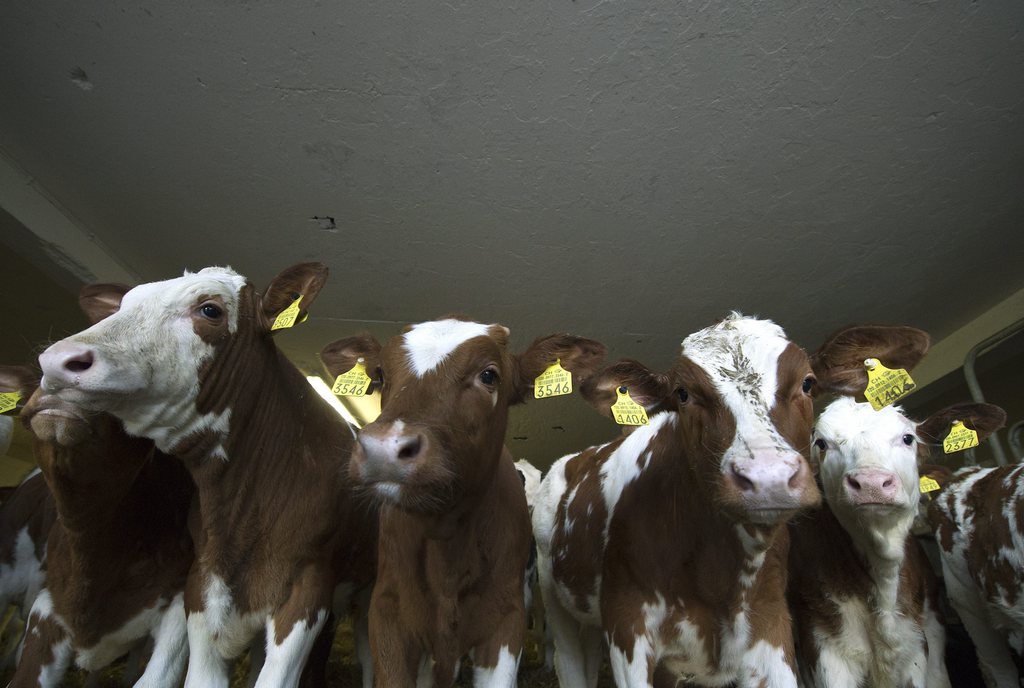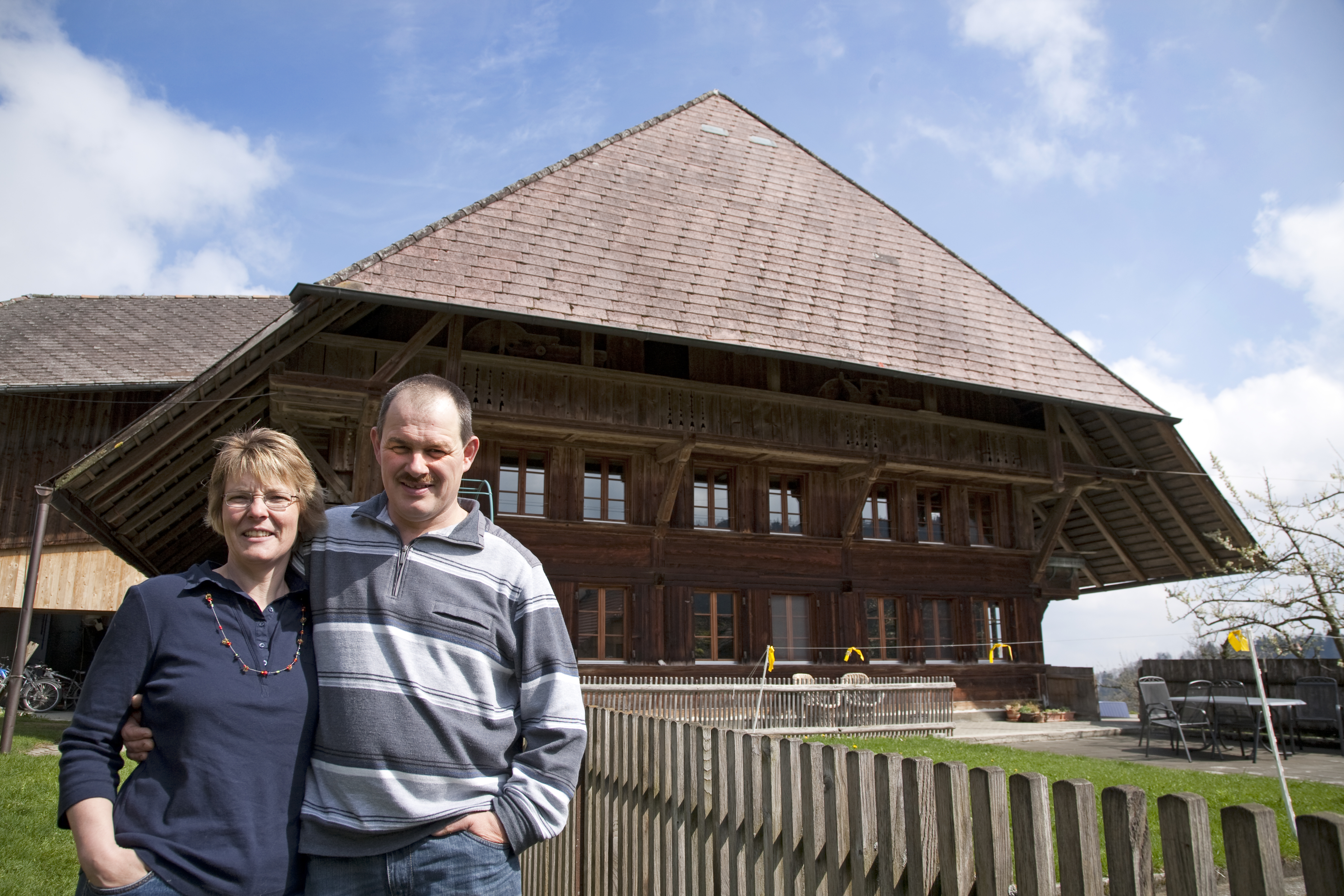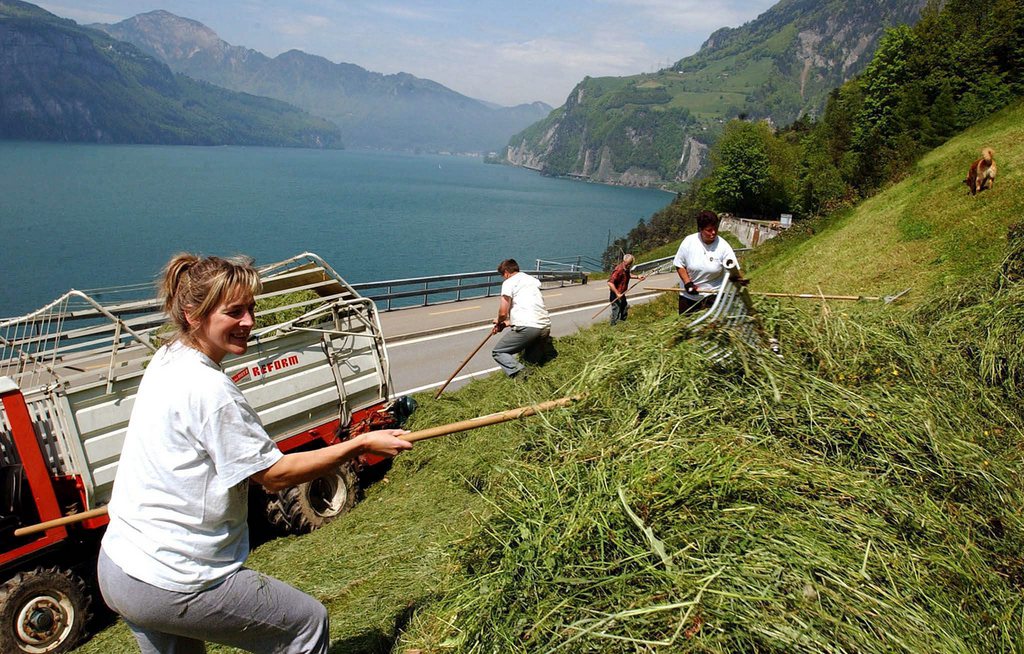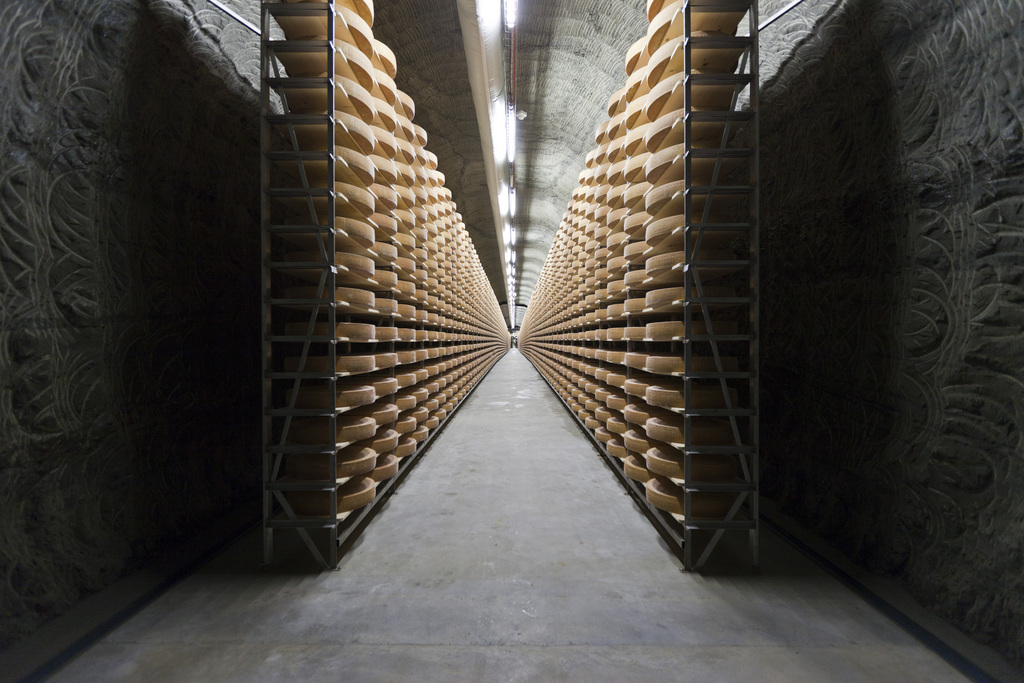Parliament subsidises land use over livestock

In a move overhauling the current farm subsidy system, parliament has decided to tie farm payments to more environmentally friendly and efficient agricultural production methods.
Following several debates in both chambers, the House of Representatives on Tuesday followed the Senate by supporting a government proposal to slightly increase the budget for farm subsidies and tying direct payments to the amount of land cultivated. The move was supported mainly by the political left.
The new policy is intended to replace a subsidy system that was based primarily on the amount of livestock on a farm, which critics say encouraged many farmers to keep too many animals and contribute to overproduction.
Under the reform, financial contributions are also tied to initiatives aimed at increasing the quality of rural conservation.

More
Farmers feel pinch adapting to policy changes
Regulation down for dairy, up for meat imports
As part of the amendment, parliament decided against a re-introduction of strict state controls of the dairy market, leaving the regulation up to private organisations. However, it voted to re-introduce more state intervention in the market for imported slaughter meat.
Approving a proposal for an additional CHF160 million for investment credits, parliament decided to increase direct payments to farmers to CHF13.8 billion ($14.6 billion) over the next four years.
Experts say big farms stand to lose the most in the latest reforms because of the number of livestock they keep.
The leading Farmers Association said it was considering moves to challenge parliament’s agricultural policy. It is due to decide next month whether to collect the necessary signatures to force a nationwide ballot on the issue.
Pressures on farmers continue
The government argues further reforms in agriculture are needed to bring the sector in line with constitutional requirements. Measures to boost efficiency while increasing its competitive edge have been introduced gradually since the 1990s.
However, dairy farmers in particular have complained about lower milk prices, highlighting concerns about opening up the Swiss agricultural market.
In 2012, parliament blocked government plans to launch negotiations with the European Union on an agricultural free trade agreement.
In its bill, parliament stressed the importance of agriculture for the Swiss economy with farmers producing food and services to the tune of about CHF10.3 billion annually.
However, the sector has been in decline for more than two decades.
The number of Swiss farms has dropped by a third to about 61,000 and the amount of usable farmland has decreased as well.
About 3.7 per cent of the working population works in the primary agriculture sector. Switzerland’s farmers receive subsidies which are 50 per cent above the EU member country average.

In compliance with the JTI standards
More: SWI swissinfo.ch certified by the Journalism Trust Initiative



You can find an overview of ongoing debates with our journalists here. Please join us!
If you want to start a conversation about a topic raised in this article or want to report factual errors, email us at english@swissinfo.ch.